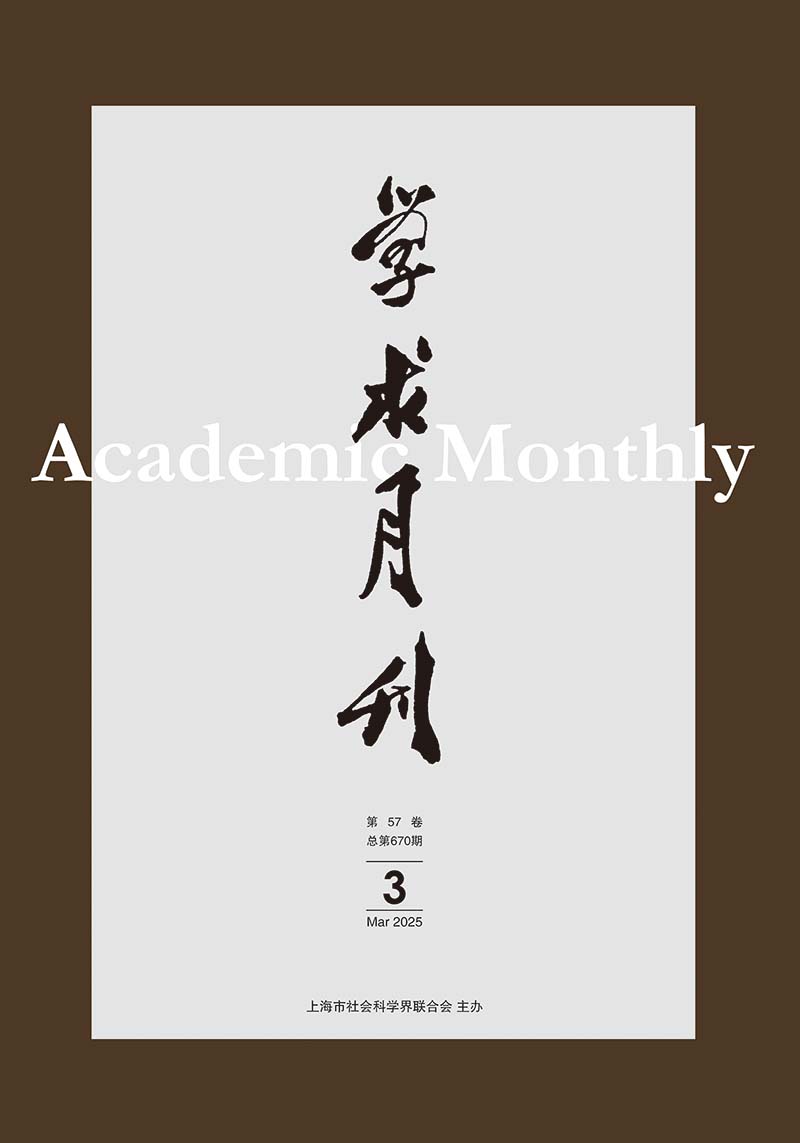On the Civilization Theory and the Occurrence of Chinese Children’s Literature
Abstract: The emergence of new Chinese literature is attributed to the reconstruction of the theory of civilization,while the establishment of the modern civilization view pushes back the occurrence of new literature.The qualitative difference between classical and civilized narratives is reflected in time.The former writes unchanging morality with timeless stories,while the latter shows the ancient and modern differences of time in the course of history.Children are a symptom of civilization,and the division between tradition and modernity can be illuminated in cognition.However,the child is only a receptive term because it does not have access to experiences that are both separate and integrated with those of adults in the discourse created by the hierarchy of civilization.This discursive paradox constrains the practice of the new culture to promote “child-orientation”,and is the precursor of the assertion that “children’s literature is impossible” in Western thought.Writing for children is a manifestation of civilization,and it expanded the boundaries of the theory of civilization and opened up a two-fold discursive space when Chinese children’s literature was introduced into history.One is to intervene in the writing of the history of civilization together with the new literature,and the other is to highlight its subjectivity in the integrated writing.The splicing of the two spaces completes the holographic picture of Chinese children’s literature and outlines the logic of its inner generation.



 沪公网安备 31010102003103号
沪公网安备 31010102003103号 DownLoad:
DownLoad: